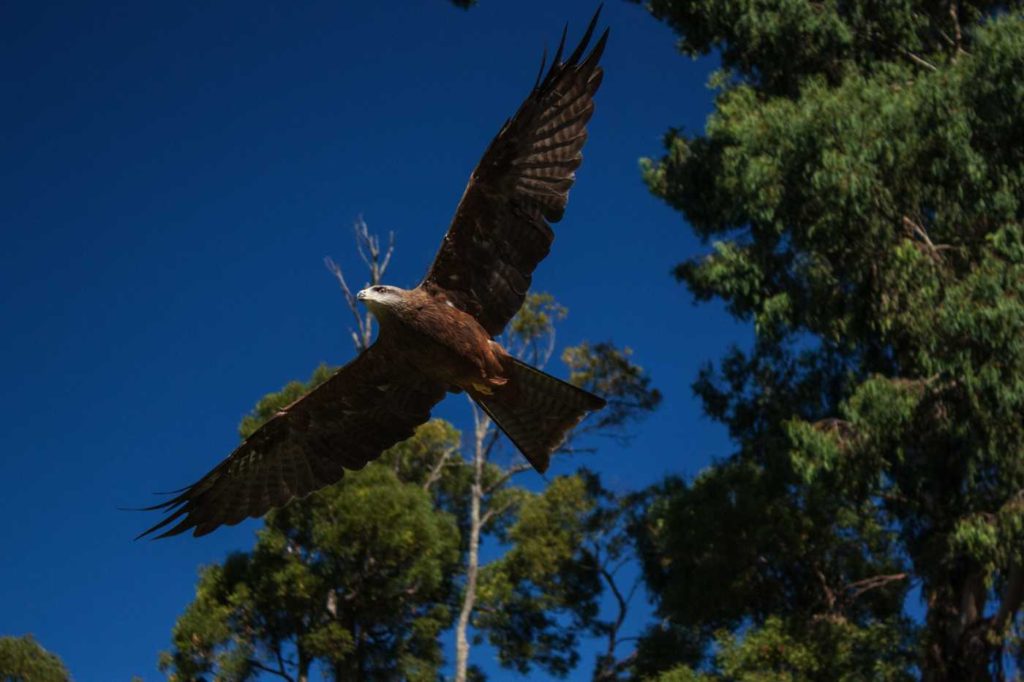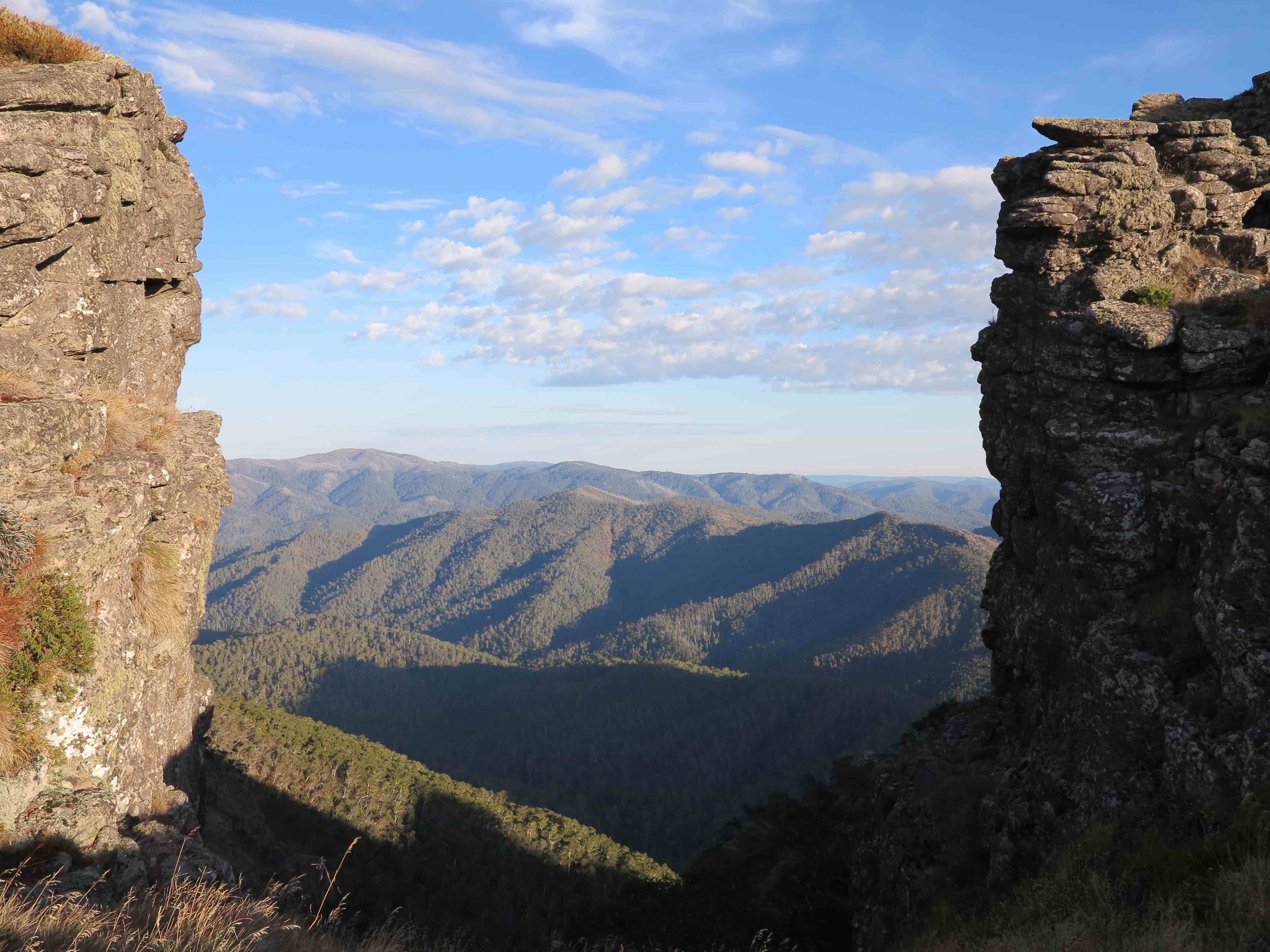“Thousands of tired, nerve-shaken, over-civilized people are beginning to find out that going to the mountains is going home; that wildness is a necessity”
John Muir, Our National Parks, 1901.
“wild, adj.
- living or growing in the natural environment; not domesticated or cultivated.
- uninhabited, uncultivated, inhospitable.”
Oxford Living Dictionaries
We are enamoured of the wild. In the nature writing section of your local bookshop you could discover Wild: From Lost to Found on the Pacific Crest Trail under Strayed, Cheryl; on the shelf above, Into the Wild, by Krakauer, John. Both are the stories of people who left home to enter ‘the wild’ – a journey akin to what John Muir describes in a journal entry:
‘I only went out for a walk, and finally concluded to stay out till sundown, for going out, I found, was really going in.’
Wild China, Wild Russia and Wild Australia populate our TV channels; documentaries that focus on the animals and places that are unaffected – or as unaffected as it is possible to be – by human intervention. That is the essence of the definition of the word ‘wild’, after all: undomesticated, uninhabited. Not influenced by people. Nothing to do with us at all.
The modern English word evolved from the Old English wilde, derived from the Proto-Indo-European root *welt, meaning woodlands. It is a word which has its roots in the forest, a place where people have traditionally had to clear space for themselves. What we clear and cultivate becomes our home (domesticated, from the Latin domus, meaning home), and what is left is wild. It seems that what we mean when we use the word ‘wild’ is something separate to us, apart from us.
Wilderness is a place, synonymous with the noun, the wild. It comes from Old English wilde and deor, meaning ‘deer’: the home of the wild deer. Wildlife is inseparable from the idea of wilderness. Animals that we have not tamed as a species, nor altered significantly from their original state. Once again, it is the absence of human intervention that defines what is wild.

But is there really a division between humanity and the rest of the world? After all, ‘the wild’ is a concept that we invented. In Mandarin, the word 野生 or yěshēng conveys a similar meaning to the English word ‘wild’, and can be applied to people, animal, or place. However, according to Dr Kris Eira of the Victorian Aboriginal Corporation for Languages, many indigenous Australian languages have a word which is used to describe people who are ‘dangerous, not kin, possibly living outside of community’, but they are not generally terms which can be applied to country as well. Is ‘wild’ therefore a word that reflects the nature of the society that uses it? Could its absence mean that in some cultures, there is no perceived separation between human and nature?
The word ‘wild’ is a symptom of a world in which the majority’s perspective of nature has changed from home to a resource. People have always made use of their surroundings: trees for timber, rivers for water, plants and animals for sustenance. But as we well know, that relationship has become increasingly uneven; more is being taken than can be recovered, and the resources that make up our world are depleting. The wild stands out more than ever – as a place, as a concept – because it is becoming increasingly rarer.
So the move begins to reconnect to the wild. Children are encouraged to play outside more, thousands shoulder a pack to take to the world’s great hiking trails, photos and videos attempt to capture what is left before it is lost. It is a move that is ultimately, ideologically, paradoxical, because we have always defined the wild as unaffected by people. Once we exert our influence over it, it is no longer wild; it is domesticated. Muir once described wilderness as ‘a refuge from society’. If it is where we go to escape the company of people, what does it become once we populate it?
What we need is a shift in perspective. How can we truly care for and protect something that we have defined as having nothing to do with us? We need to dissolve these imaginary walls around our cities and towns, farms and properties. We cannot go into nature because we are already immersed in it. We are a part of it; we cannot exist separately from it. Though we often seem to forget it, humans are animals too. As J. Baird Callicott put it: ‘We are, to put it bluntly, just big monkeys… And everything we do… is monkey business’.
Henry David Thoreau wrote that ‘in wildness is the preservation of the world’. I believe this to be true, but to achieve that preservation, we must shake off our definition of the wild. We must begin to see it as something which we belong to and which belongs to us. Something which we are innately a part of; something which speaks to our best and truest selves, and by that I mean the versions of ourselves which aim to understand and respect the world we live in.
We don’t need to reclaim the wild. We need to remember we are already wild.
With thanks to Dr Kris Eira of the Victorian Aboriginal Corporation for Languages.


Leave a Reply